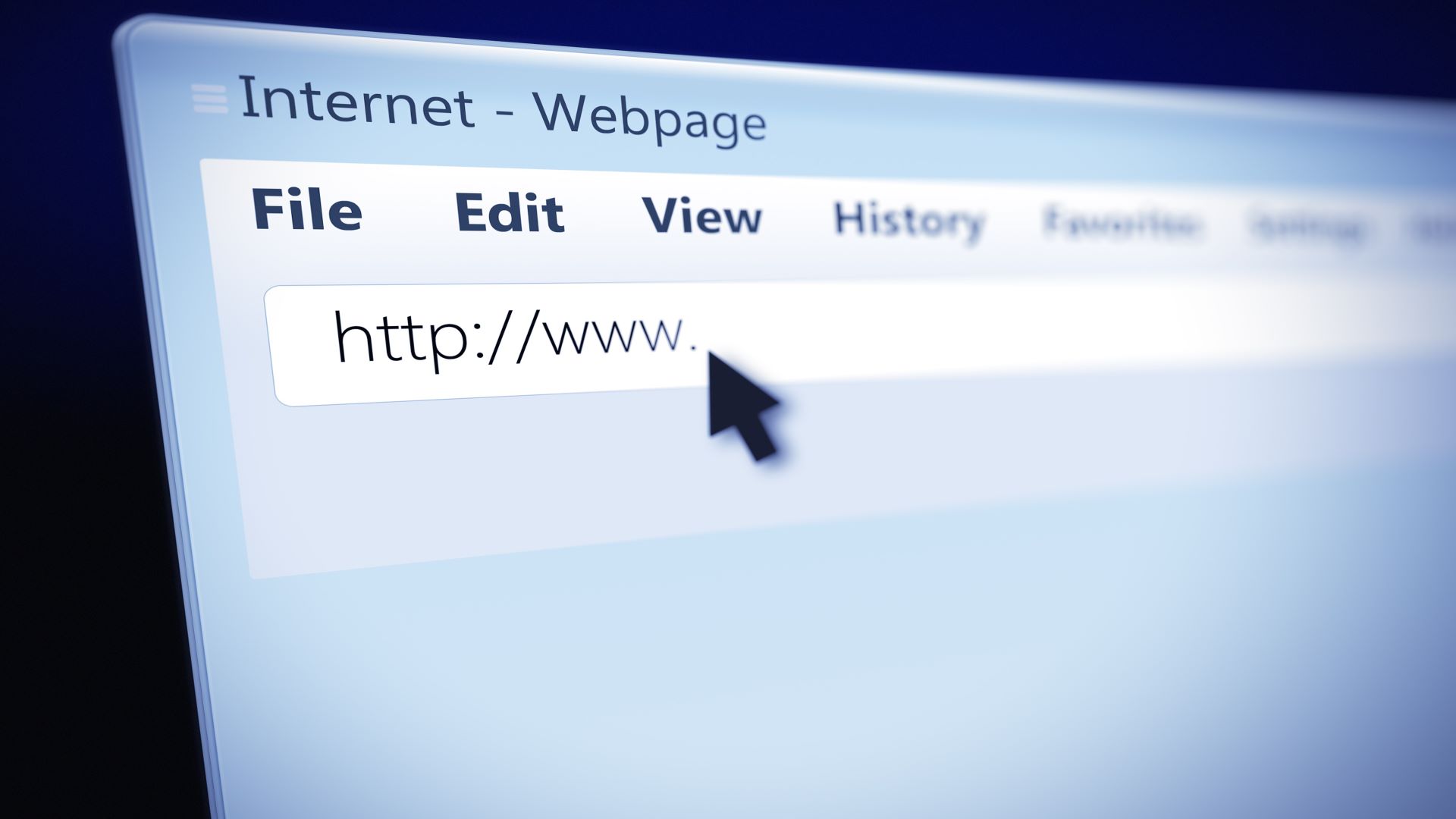
A VPN is a service that encrypts your internet traffic and masks your IP address, giving you more privacy and security online. For travellers, it’s one of the most important tools in your arsenal for staying safe on holiday.
Using the best VPN is invaluable for accessing restricted websites, securing public Wi-Fi, and can also help you find some better deals on last minute hotel rooms.
So, if they’re so useful, why not permanently add one to your browser? A VPN browser integrates VPN technology directly into your web browser, making it so you don’t have to faff around with an extra software client on the go.
Read more and I’ll explore more about how VPN browsers work and whether they’re as powerful as normal VPN software clients.

What is a VPN browser?
You might be expecting a specialized web browser like Tor when you hear the term “VPN browser”, but it’s not as specific as that (most of the time). While there are some browsers out there that come with a VPN built in by default, pretty much any browser you use can become a VPN browser with a browser add-on installed.
Either way, you’re getting the same thing: a browser where all of the traffic travels through a VPN. This means it won’t cover other internet activity, like app usage or system updates, but it can be a handy tool if you want quick access to a secure connection. There is one notable exception to this, the Aloha Browser, but most VPN browsers work best when you use them in conjunction with the system-wide VPN client for your particular browser.
There’s plenty of VPN browsers out there that run the entire range of value for money. For example, Microsoft has built a very basic VPN with limited bandwidth into the Edge browser, which only gives you 5GB a month and can’t unblock streaming sites. However, it’s completely free and all you need to do is enter your outlook credentials.
On the other end of the scale, you have Surfshark’s CleanWeb 2.0 which is an integrated browser add-on that not only provides VPN functionality but also eliminates adverts, browser-tracking cookies, and malware before it can harm your computer. You’ll also be alerted when you access suspicious sites and when you’re about to enter something that looks like a phishing scam.
There’s also the Aloha browser, which is a truly all-in-one VPN browser designed to cover the rest of your system as well. It’s the closest thing I’ve found to a true “VPN browser” outside of the Tor browser, as it combines all the functionality of a standalone VPN client with a browser designed for privacy.

How does a VPN browser work?
A VPN works by connecting your web traffic to a secure server before sending it to its destination. When you visit a website, your browser sends the request to the VPN server, which then forwards it to the website. The secure tunnel that this process creates hides your IP address and encrypts your data.
The difference between a VPN client and a VPN browser is in how the tunnel is created. A VPN client uses a dedicated VPN protocol, such as OpenVPN or Wireguard, to create a completely separate network interface on your computer. So, instead of your traffic being sent through your Wi-Fi or ethernet network interface, all of your internet traffic is sent through this new interface regardless of the program you’re using.
A VPN browser add-on doesn’t create a system-wide VPN connection. It uses HTTPS, the same encryption that powers the safe connections you make to your bank website, to secure every connection you make using that browser. You’ll still be able to access streaming content from abroad using this technique, as well as being able to appear from a different location for the sake of getting better online deals for hotels and flights. However, some VPN browsers don’t let you pick your location with the same granularity you’d get from a VPN client.

Should I use a VPN browser?
If your VPN provider offers a VPN browser as part of your subscription, you should use it. Most of them are built to complement the existing tools you get as part of your VPN client with additional features like ad blockers, tracker blockers, and anti-phishing detection.
For instance, Surfshark’s CleanWeb solution comes in two stages. The first uses DNS blocks as part of the VPN client to keep you from connecting to malware sites, whereas CleanWeb 2.0 works inside the browser to remove any intrusive ads that get past the DNS blocker, as well as automatically dismissing cookie popups and removing tracking cookies.
You’ll also be confident that your browsing traffic is always being protected. When travelling, you’re often relying on public Wi-Fi networks that are notoriously insecure. With a VPN browser, you don’t need to launch a separate VPN application every time you want to browse securely; the VPN protection is integrated directly into your browser. By ensuring you’re always encrypting your web traffic, it’s much harder for hackers to intercept your data on the go.
There’s plenty of reasons to use a VPN browser, but you shouldn’t necessarily rely on one as your only source of protection online. Using a VPN browser will protect your internet traffic in your browser, but there’s plenty of apps on your phone that don’t use a browser to access the internet. These apps are only going to be protected if you use a full VPN client.
There’s other issues, too. While a VPN browser can help you access geo-blocked content, it’s not always the best solution for streaming. Many streaming platforms are good at detecting and blocking VPNs, and a browser-based VPN can struggle to bypass these restrictions. There’s also some VPN browsers, like Edge, that explicitly don’t send streaming service traffic through their VPN.
As always, you should be suspicious of free VPN browsers too. More often than not, these are malicious services designed to harvest your data or inject tracking adverts into your service. Where possible, it’s best to stick to a paid, fully-audited VPN solution if you need a VPN browser.







